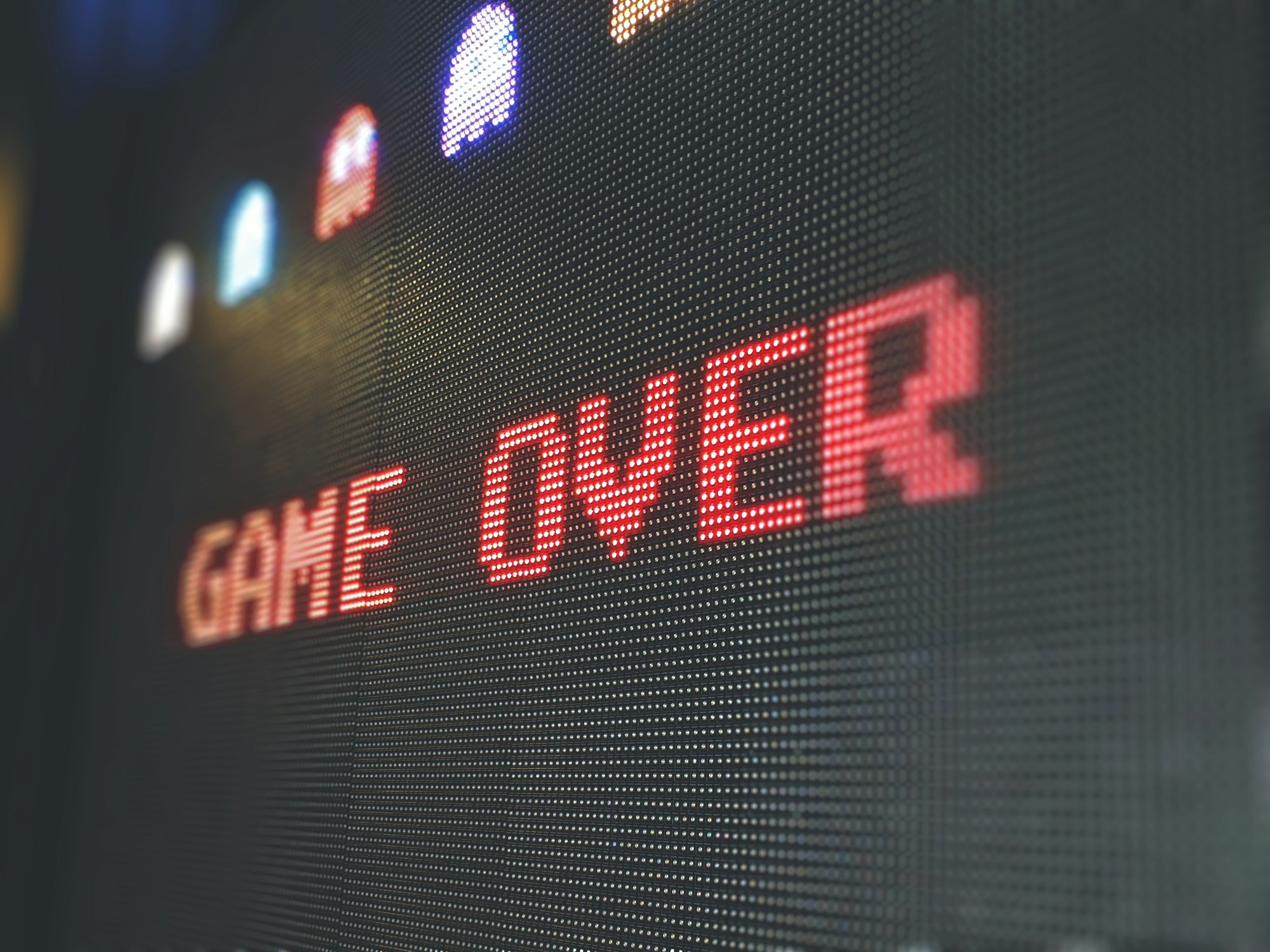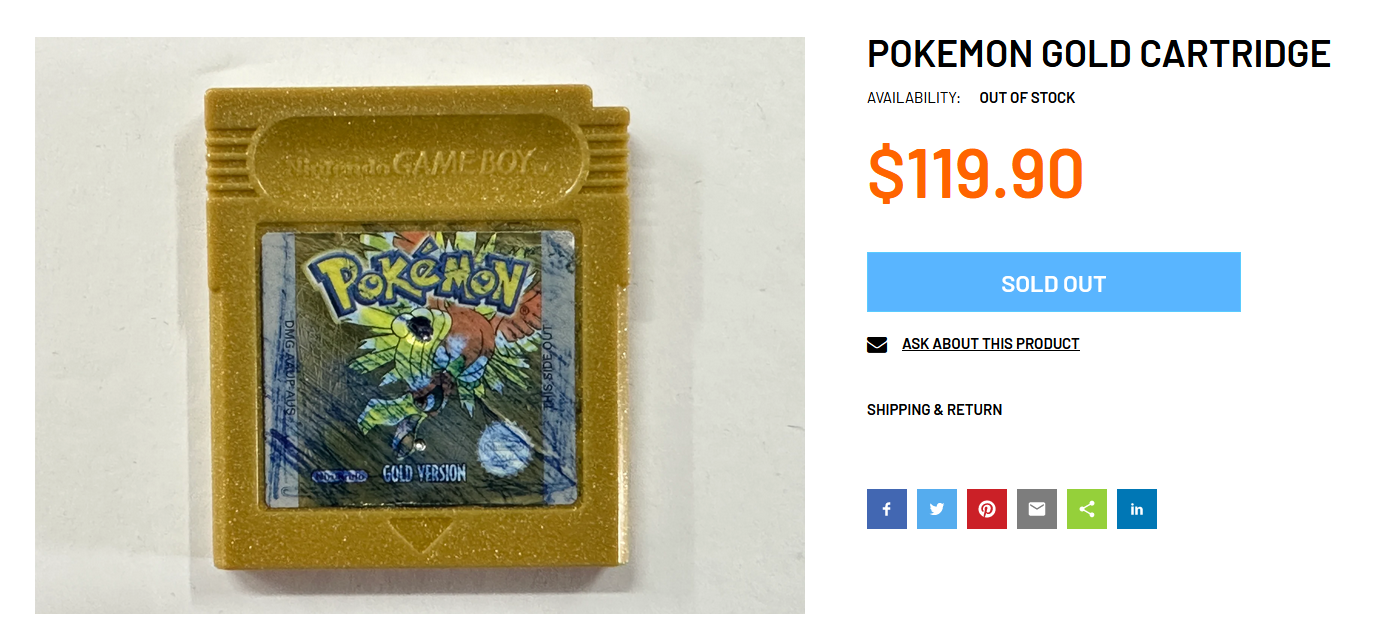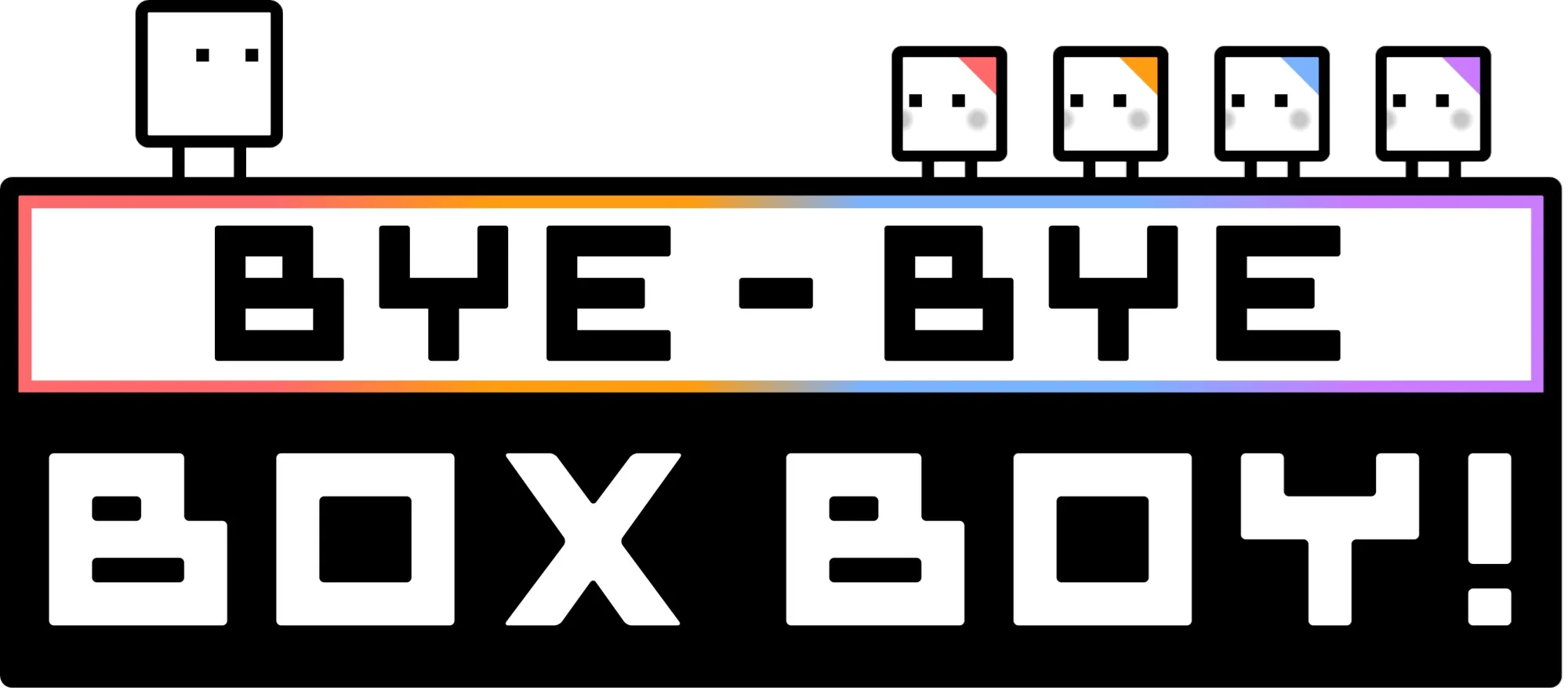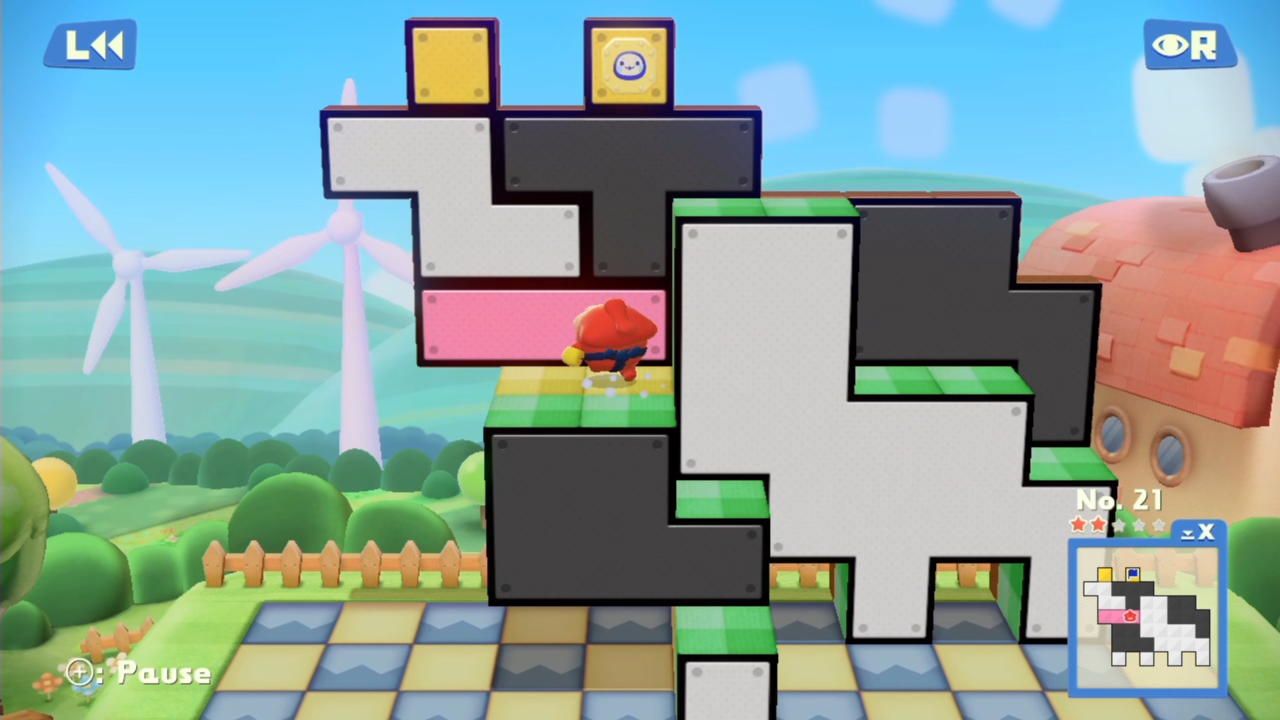When the 3DS and Wii U eShops Close, Everybody Loses
It shouldn't be this hard to preserve gaming's history

I have a question for you. How many Pokémon games can you easily purchase and play right now? Counting all the pairs of games (e.g. Red and Blue, Gold and Silver) as one, and remakes as separate entries, there are 22 mainline games and 89 overall. Now, keep in mind, Pokémon is the highest-grossing media franchise and the 3rd highest-selling video game series of all time. Here are some stats from the Video Game History Foundation’s Phil Salvador:
Happy #PokemonDay! Pokémon is one of the biggest franchises in gaming, but did you know that once Nintendo closes the 3DS and Wii U eShops next month, 74% of all Pokémon games released in the US will be commercially unavailable in any form? It's true! pic.twitter.com/54NZTW61BP
— Phil Salvador @ GDC (@itstheshadsy) February 27, 2023
The answer is: once the Nintendo 3DS and Wii U eShops close down at the end of this month, only 22 out of 89 games will be available. This number includes the 5 newest mainline games on Switch. In comparison, a quick look at streaming services shows that all 25 seasons of the Pokémon anime and 21 out of 24 Pokémon movies are readily available.
But soon you won’t be able to legally play most of the games that inspired the show and films. To do so, you are going to have to buy a physical copy for an older console and likely pay through the nose. I recently sold a bunch of old games I had as a kid, which included a copy of Pokémon Gold with no box, no working internal battery, and a label scribbled over in pen. It sold for AU $119.90. A copy of Pokémon Scarlet or Violet costs $69. This is like having the only way to watch a pre-Pierce Brosnan Bond film be to buy a second-hand VHS for $60.

According to Video Games Chronicle, after the 3DS and Wii U shops shut down, around 450 Wii U games and 600 3DS games will no longer be available to legally download. These, along with 350 retro games, will no longer be a part of the Nintendo ecosystem. Not all of them are classics. In fact, many of them are downright shovelware, but they all deserve a better fate than to be made unobtainable or be only available to those willing to fork out big bucks for an original version. I could continue to wax lyrical about the disappearing games, but I won’t, and will just say that this is bad, and it sucks.
It’s bad for the developers, obviously. It’s not just about lost revenue, however small it may be these days. Developers, even the ones peddling shovelware, want their games to be played, and in this case, over 1,000 games will become legally impossible to own. No matter which way you put it, that is far too much art to disappear into the ether.
It’s bad for players, and not just for retro game enthusiasts holding onto older consoles. In developing countries, the latest consoles can take a very long time to arrive and might not be affordable if they do. Of course, there are other means: in the time it would take to finish riding the bus to my closest retro game store, I could download an emulator on my phone - a ROM of Pokémon Gold, for example - and give my character an amusing name. That would be fine if the console creators and major publishers were cool with emulation, but they are very much not.

This brings us to another group that will be worse off after the eShop closures: archivists. Due to the DMCA (Digital Millennium Copyright Act), libraries and archives are unable to make digital copies of video games, despite being able to do so with books, other forms of media, and even software. Speaking to Ars Technica, the Video Game History Foundation’s Kelsey Lewin explained the situation:
“Even if an institution like The Strong Museum of Play obtained and maintained copies of all current 3DS and Wii U eShop games, the only way anyone could ever legally play or study [those games] is if they flew to Rochester, signed a consent form, and sat in the premises playing it.”
Lewin elaborated further on Twitter, stating that the reason for this exception for video games is due to lobbying from the Electronic Software Association (ESA). She says the Foundation is fighting the ESA to change this, stating in a Tweet: “But, the ESA is looking out for their clients, the companies who pay them to represent the best interests of the game industry. It’s a good thing we know preservation IS in the best interest of the game industry. They can’t do it all alone — so let libraries and archives help!”

As I said before, this all sucks. Companies like Nintendo don’t want to give permission for their old console’s games to be free because they may want to make use of their back catalogue. But you only need to take a look at the number of games on the Wii U and 3DS virtual consoles compared to the Switch Online’s offerings (roughly 530 vs. 220) to see how serious Nintendo is about offering up their back catalogue.
You can’t even get a mainline Pokémon game on there right now, so what’s the chances of a Pushmo or BoxBoy collection? And yes, all these games can be emulated, and both consoles can be hacked to play games without purchasing them. But that’s not really the point. People will pay if there’s a good system in place like the Virtual Console. It shouldn’t be up to people working in the grey areas of the law, nor should the archivists and historians making game preservation their life’s work have to fight the ESA to do their jobs properly. What more can I say, other than I hope your torrents are always seeded and your consoles don’t brick when you hack them.